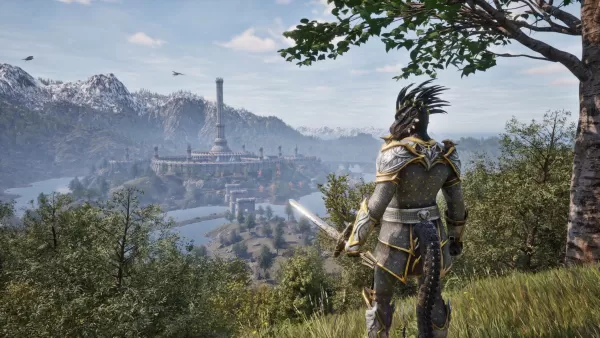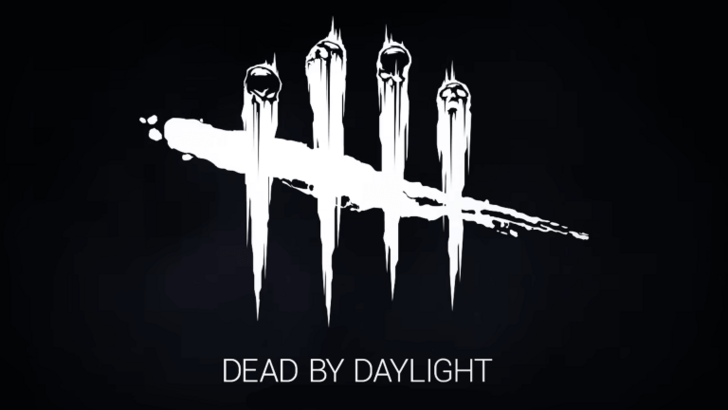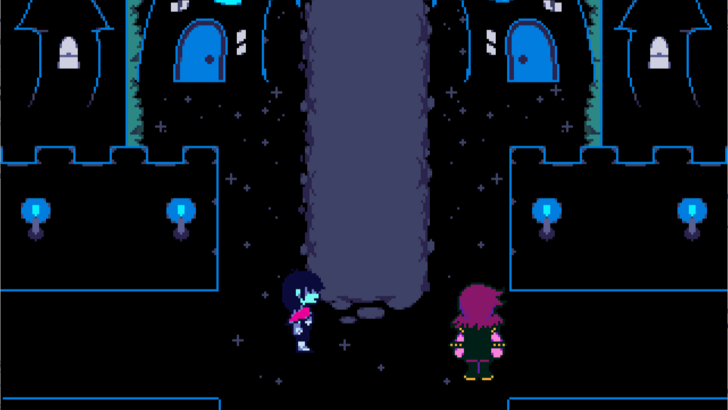By Azura, by Azura, by Azura – the rumors were true. Yesterday, Bethesda set the internet ablaze by finally unveiling Virtuos’ remaster of The Elder Scrolls IV: Oblivion. This surprise shadow-drop during an ‘Elder Scrolls Direct’ event instantly drew in hundreds of thousands of concurrent players, marking a pivotal moment of global excitement and celebration. This comes at a crucial time for Bethesda Game Studios, which has been navigating a storm of challenges in recent years. From the rocky launch of Fallout 76 to the lukewarm reception of their new sci-fi venture, Starfield, fans have been questioning whether Bethesda has lost its touch. With fierce competition from RPGs like Larian Studios’ Baldur’s Gate 3 and Obsidian’s The Outer Worlds, the anticipation for Elder Scrolls 6 and Fallout 5 remains high, yet distant. However, this re-release of Oblivion might just be the step Bethesda needs to reconnect with its fanbase – albeit in an unexpected way.
At its zenith, Bethesda Game Studios was a powerhouse in the RPG genre. According to leaked Microsoft FTC documents from 2020, Fallout 4 had sold 25 million units, with over 5 million units sold in its first week alone, as reported by VGChartz. In 2023, Todd Howard announced that Skyrim had surpassed 60 million sales, bolstered by its numerous re-releases. In contrast, Starfield has only managed to sell just over three million units a year-and-a-half after its launch. Despite the boost from Game Pass subscribers and the absence of a PlayStation version, this figure is a letdown for Bethesda. Even the dedicated Starfield fanbase has expressed dissatisfaction with the game’s first expansion, Shattered Space.
This situation presents a significant challenge for Bethesda. With The Elder Scrolls 6 still years away and Fallout 5 merely a whisper in the studio’s corridors, the question remains: how can this once-iconic RPG developer rekindle its magic? The answer may lie in revisiting its past.
Rumors of the Elder Scrolls IV: Oblivion remaster surfaced in September 2023, following leaks from Microsoft documents that hinted at several unannounced Bethesda projects, including a remaster of the 2006 classic. The buzz grew until January 2025, when a former Virtuos employee leaked more details, sparking debates among fans about their authenticity. The excitement reached a fever pitch last week when Bethesda officially unveiled the remaster, leading to over 6.4 million Google searches for ‘The Elder Scrolls IV: Oblivion’, a 713% increase in the last week alone. At its peak, the reveal livestream attracted over half a million viewers. Despite the leaks, over 600,000 people tuned in to see the re-reveal of a 19-year-old game. The demand was so intense that it caused discount game key websites like CDKeys to crash, while Fanatical and Green Man Gaming experienced significant slowdowns. As of yesterday, Oblivion had 125,000 concurrent players on Steam and was the #1 best seller, demonstrating the enduring passion of Bethesda’s fanbase.
The message from players is clear: if you (re)build it, they will come. What better way to keep fans engaged during these long development cycles than to invite them back to the enchanting worlds of Morrowind or the post-apocalyptic landscapes of the East Coast? From a commercial perspective, this strategy is sound. While Bethesda’s main team focuses on new projects, trusted partners like Virtuos can leverage existing blueprints to create remasters in shorter time frames. These remasters tap into established audiences and introduce new generations to the rich lore of Tamriel or the gritty survival of the Fallout universe.
Bethesda has previously leveraged its catalog effectively. During the first season of the Fallout TV show on Prime Video, Fallout 4 was discounted by up to 75%, accompanied by a next-gen update that included homages to the show. This strategic move resulted in a 7,500% sales increase in Europe, despite the game being nearly a decade old.
 Oblivion Remastered offers a nostalgic journey that feels fresh and new. Image credit: Bethesda / Virtuos
Oblivion Remastered offers a nostalgic journey that feels fresh and new. Image credit: Bethesda / Virtuos
Looking back at Microsoft’s leaked Bethesda roadmap, a Fallout 3 remaster was slated to follow Oblivion two years later. Although the original timelines have shifted – Oblivion was initially planned for fiscal year 2022 – if the gaps remain consistent, a Fallout 3 remake could be expected in 2026, aligning perfectly with the second season of the Fallout TV show, which shifts focus to New Vegas. Given the synergy between the first season and Fallout 4, it’s not far-fetched to speculate that Bethesda might have a New Vegas remake ready to unveil at the end of the second season’s finale.
The overwhelming response to the Oblivion remaster underscores a clear message: fans are eager to revisit Bethesda’s storied past. However, if there’s one game that truly deserves a remake, it’s The Elder Scrolls III: Morrowind. Fans have long clamored for this, with some even remaking it using Skyrim’s tools, as seen in projects like Skyblivion. Yet, Morrowind poses unique challenges. It stands at the crossroads of Bethesda’s evolution, with its partially voiced narrative, text-based storytelling, absence of quest markers, and simplistic combat physics. While Virtuos managed to modernize some of Oblivion’s systems, Morrowind is inherently a more complex beast. Remaking it requires a delicate balance – modernize too much, and you risk losing its unique charm; retain too many outdated elements, and it might feel outdated. It’s a tightrope walk, but one that could reignite the magic that made Bethesda a legend in the RPG world.
When a studio becomes synonymous with a gaming genre, the challenge is to innovate while retaining its audience. Rockstar Games has successfully kept Grand Theft Auto fans engaged through the expansive world of GTA Online, which supports the development of the highly anticipated GTA 6. Bethesda’s strength lies in its richly detailed, single-player worlds, unlike the multiplayer-focused Elder Scrolls Online and Fallout 76. The enthusiastic response to the Oblivion remaster shows that fans are eager to dive back into Bethesda’s classic titles. While not every remaster guarantees success – as seen with Rockstar’s GTA Definitive Editions – the careful craftsmanship behind Oblivion suggests that revisiting and revitalizing their classics could be the key for Bethesda to reclaim its throne in the modern RPG landscape.








![Taffy Tales [v1.07.3a]](https://imgs.xfsxw.com/uploads/32/1719554710667e529623764.jpg)











